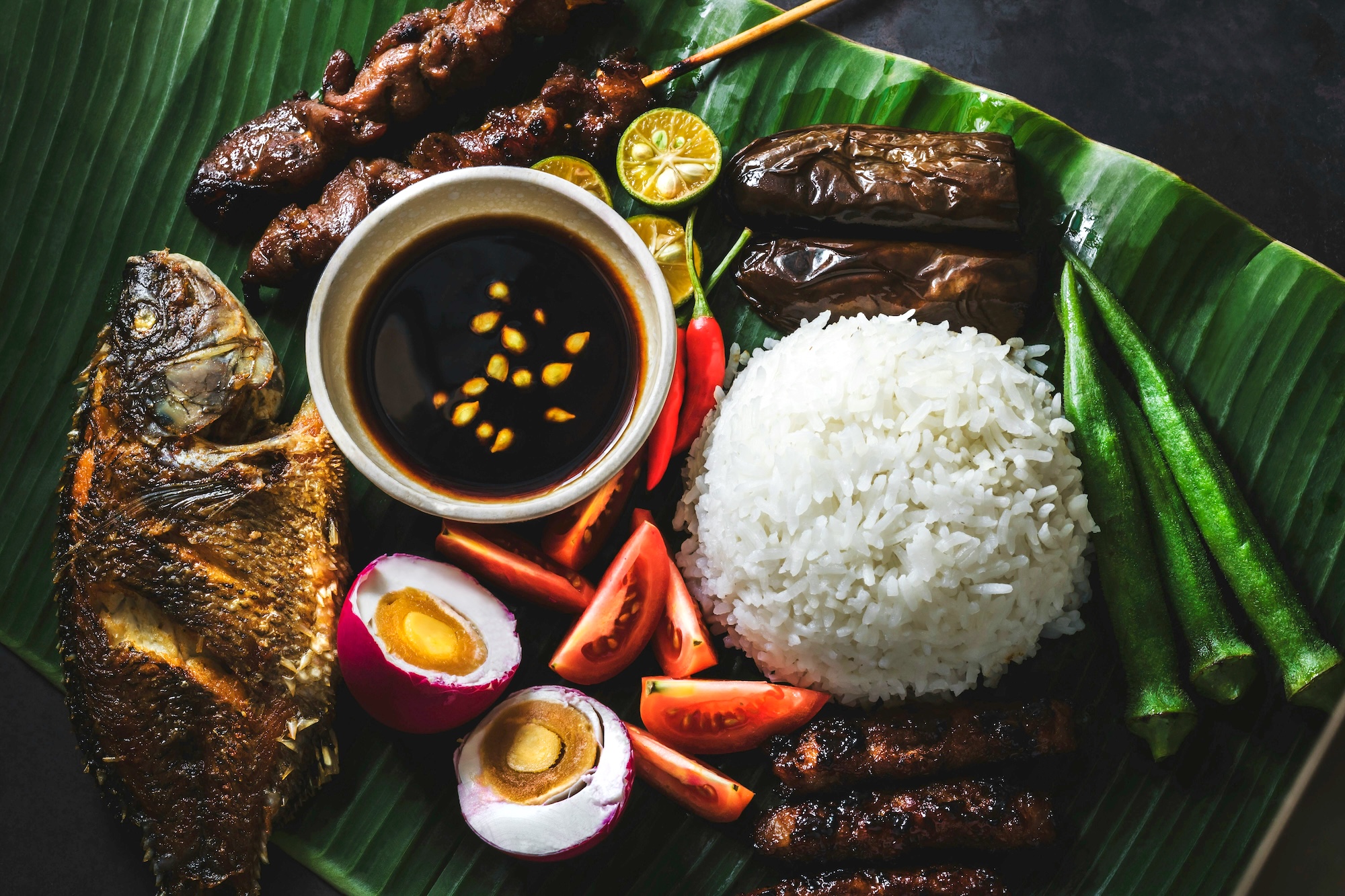
When aboriginal tribesman Yuming A-von got his first taste of Taiwan’s ancient archery tradition he was dismayed to see indigenous people using bows and arrows from other cultures.
His own Atayal tribe used homemade wooden bows for hunting for centuries, but the craft has fallen out of fashion.
The Atayal are one of 16 aboriginal tribes in Taiwan, which together make up about two percent of the population. Hunting is a way of life for many, although rifles have taken over from bows in recent decades.
A-von noticed 10 years ago that tribespeople at local archery competitions were now using what he describes as “Han” bows, referring to ethnic Chinese settlers.
“It wasn’t right to me,” A-von, 42, told AFP.
“All the different types of bows are an evolution of each different culture.”
Bow shapes and methods differ based on their original purposes, he added, saying Han bows were widely used for battle while Taiwan’s indigenous groups predominantly hunted with them.
He began to research and experiment to recreate the long-forgotten craft of bowmaking by the Atayal.
Few people still owned traditional bows but he eventually located an uncle who had one hidden away.
“He showed me how to make it, but now he says the ones I make go beyond what he thought was possible,” A-von told AFP.
Today, A-von’s small workshop in the mountainous region of Wulai — an hour’s drive from Taipei — attracts international buyers, including from Canada, France, and Japan.
A-von makes his arrows out of bamboo, which are put through a hot flame to make them pliable before they are straightened.
The bows themselves can take three months to finish, including the time it takes to gather the wood they are crafted from.
He refused to disclose the kind of tree or plant used, saying his uncle warned him to keep it a secret.
“It can be found in all of Taiwan’s mountains,” he hinted.
“It’s a very inconspicuous kind of wood, but few know what it is used for.”
Some aboriginal tribes fear the tradition of hunting itself is dying out as current laws restrict it and young people living away from their indigenous villages are less willing to learn.
A-von said his interest in archery was strengthened because it was a more primitive way of hunting, which gave a “greater feeling of accomplishment.” CC
RELATED STORIES:
This ‘Filipino’ archer shoots for Canada
Versatile Olympic archery hopeful to sing in FASO’s holiday concert














































